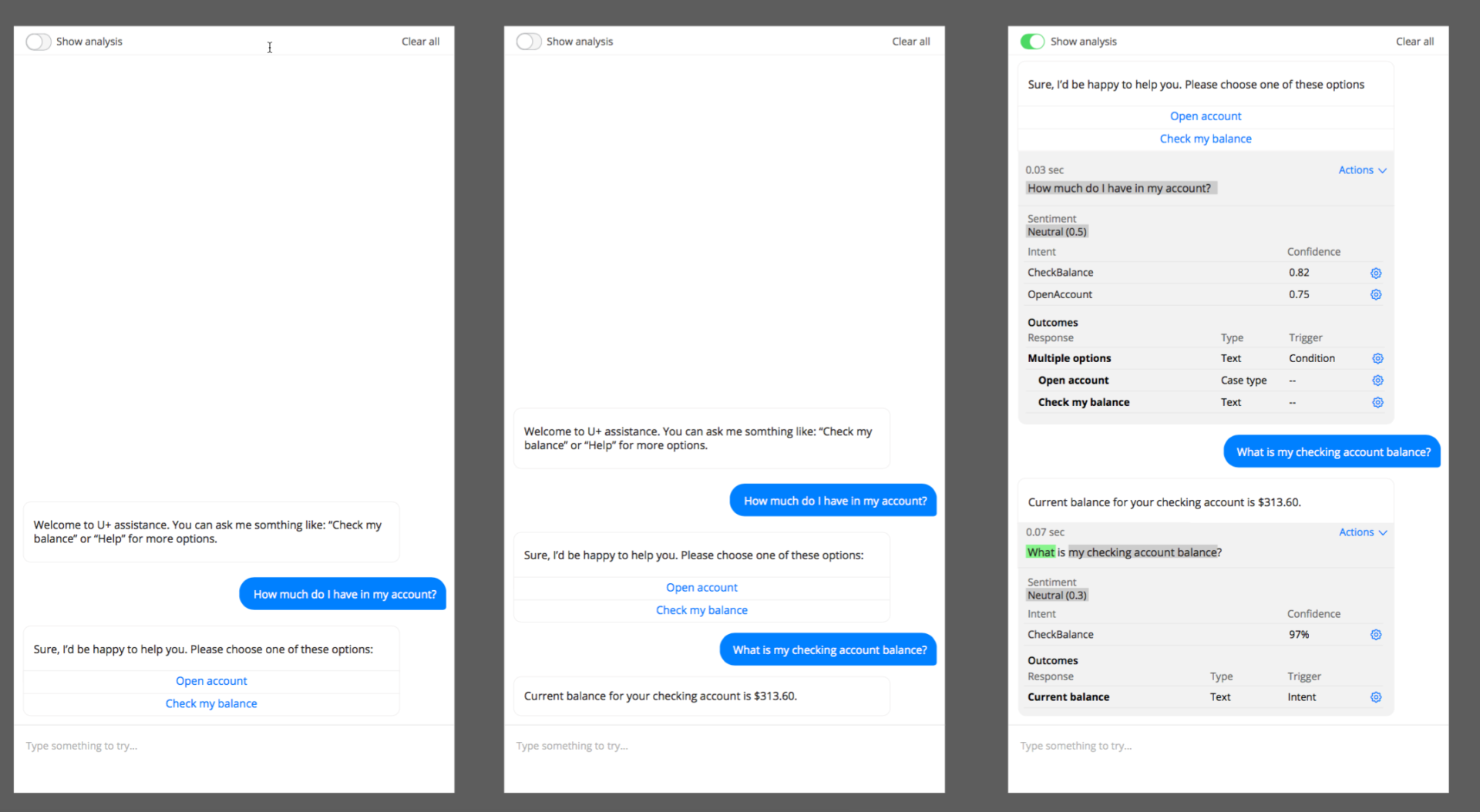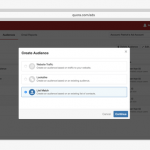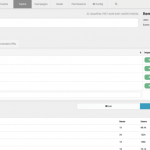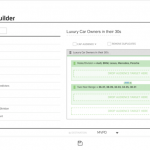Pega adds conversational bots as front-ends for its platform
Called Intelligent Virtual Assistants, they are pre-built conversational interfaces for Facebook Messenger, Amazon Alexa, Google Home and other environments.
Pega is today joining the growing number of companies that are setting up conversational bot interfaces for their products.
The Cambridge, Massachusetts-based firm offers a customer relationship management system and an application development platform, which together can be utilized by client companies to readily construct customer-facing applications for customer management, business process management, case management and other purposes.
It is today announcing Intelligent Virtual Assistants, which are AI-powered conversational bot interfaces that clients can use for any of the constructed applications. The Assistants allow clients to set up interactions with their customers through pre-configurations for Facebook Messenger, Amazon Alexa and Google Home. Pega’s client companies can also extend the Assistants for use on WeChat, Skype, Slack and Yammer.
For instance, a bank might have previously used the Pega platform to build web-based interaction so that, for instance, a customer might log onto the bank’s site to change her address. But, if the bank wanted the customer to use Facebook Messenger to change her address, they would have had to build it themselves.
Now, the same bank can set up the interaction flow for a customer to change her address, but then can specify on the Pega platform that it should be available as a conversational bot for, say, Facebook Messenger. Here’s a screen giving options for Facebook Messenger- or Alexa-specific conversations for a change-of-address application:
And here are simulations in the platform of how the interactions look from the customer’s point of view:
The Pega platform allows the bank to specify desired text or voice responses, as well as provide contextual guidance so that the Intelligent Virtual Assistant engine can figure out what the customer is looking to do if there is no specified response. If the Virtual Assistant can’t handle the customer’s needs, the conversation can be automatically handed off to a live agent.
Pega Head of Product Strategy Ying Chen told me that her company is utilizing custom-built predictive analytics, natural language processing and an intent engine that allows the conversational exchange to go beyond the fairly stilted interaction of ordinary bots.
Pega’s Intelligent Virtual Assistants join thousands of chatbots on various platforms that are providing customer support and marketing for such companies as General Electric, American Express and Pizza Hut.
Marketing Land – Internet Marketing News, Strategies & Tips
(61)
















